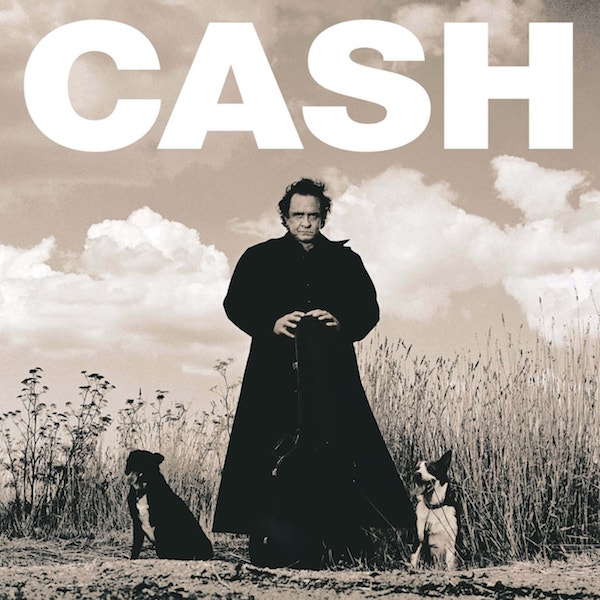13. Johnny Cash

I chose this for many reasons. What The Beatles are to me in pop or rock music, Johnny Cash is the same for country. So when I ended up spending a week with him, at the invitation of Rick Rubin, that ended up being a huge deal for me. June Carter Cash had died very unexpectedly in hospital and Johnny was beside himself in grief. I really felt bad for him. I figured as often happens with older people who are not well, for a couple who love each other that deeply, once one goes so does the other. So suddenly eight weeks after her death Rick got in touch with me and said he’s on the phone with Johnny. ‘He wants you to come to the house in Hendersonville.’ He’d said, basically, ‘The only way I can deal with this pain is to work.’ So he was actually recording while I was there too; his old bachelor bedroom with a circular bed with the animal skins over it was still there and everything, he was there with a bunch of men. The only other woman there was this housekeeper, this old Italian housekeeper who adored him and gave me all sorts of gossip, which was wonderful. One of his daughters would come. Now Roseanne Cash I knew but not the daughters who were not musicians. It was a fascinating time because I know that Johnny would not have had me on the list as his interviewer. He was a man’s man. But he was wonderful – I’d have breakfast with him. Take out the trash, those kinds of simple things. But I went into the kitchen on the first day and he came down the wall in a class fronted lift and it opened up and he came out in a wheelchair. He had he look like he’d been in the ring with a boxer; his face was bruised red and veiny and just battered in. His eyes had glaucoma, so they had the white rings around them quite badly. His hands were shaking in his lap because he had a disease of the autonomic nervous system; a neuropathy. And he was all in black, still. And he came out and said ‘Hi, I’m Johnny Cash’ just like he was on stage. It was absolutely mind-blowing.


